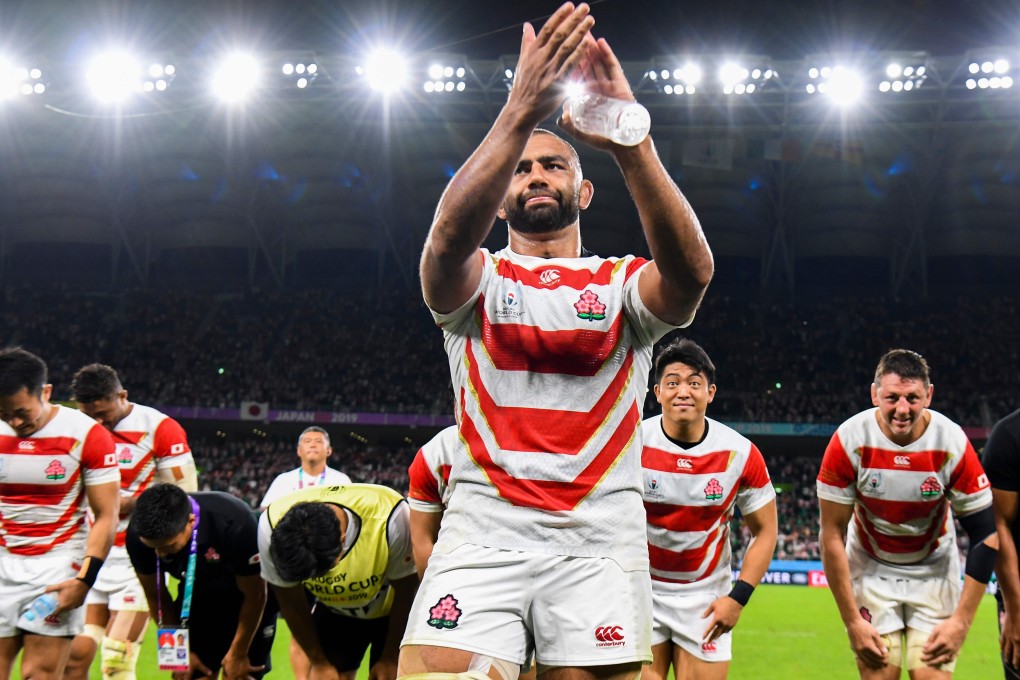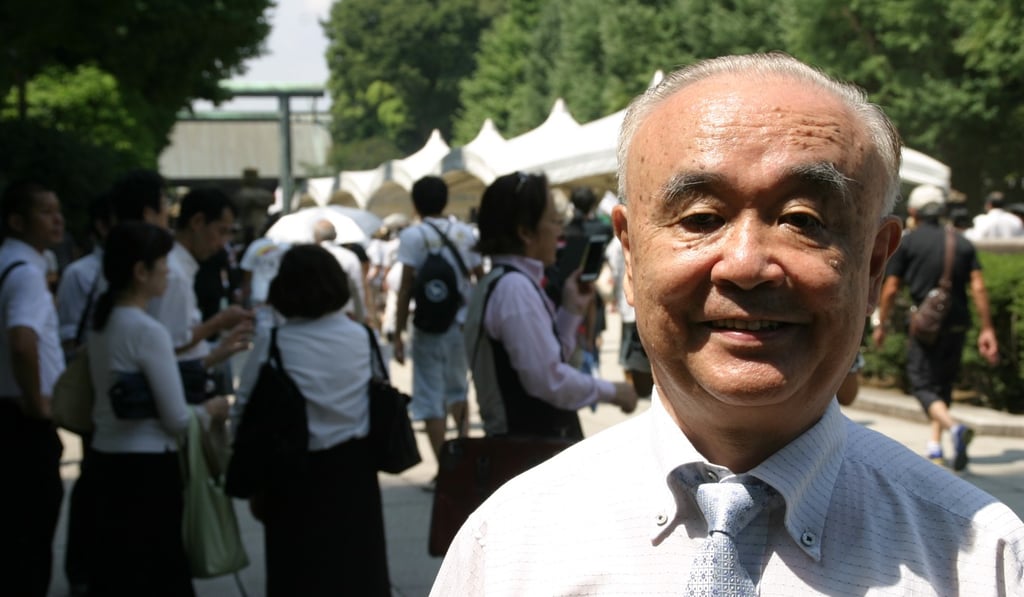‘They speak the language and know our customs’: Japan embraces foreign-born players during Rugby World Cup as nation struggles with demographic shift
- As the nation relaxes rules on foreign workers in a bid to keep its population from dwindling, the Cherry Blossoms showcase a new sense of diversity
- The team features naturalised Tongans, Samoans, New Zealanders, Australians and South Africans

“I have always been a rugby fan since my high school won the national rugby championships,” said Hiromichi Moteki, the acting secretary general of the Society for the Dissemination of Historical Fact.
“The team is amazing,” he said. “The result against Ireland was nothing short of miraculous, but I put the victory down to the players being well trained and made up of many leaders.
“I wish there were more Japan-born players on the team, but it’s OK because they all feel that they are Japanese,” said Moteki, who lives in Tokyo. “It’s like it was during the Greater East Asia Co-Prosperity Sphere, when Koreans and others volunteered to serve in the Japanese military.”

Between 1930 and 1945, imperial Japan placed puppet leaders in positions of authority in countries and regions that it invaded and occupied, from Manchuria in the far north to Cambodia, Vietnam and Indonesia. Tokyo declared the union under its control was designed to be a self-sufficient “bloc of Asian nations led by the Japanese and free of Western powers”.